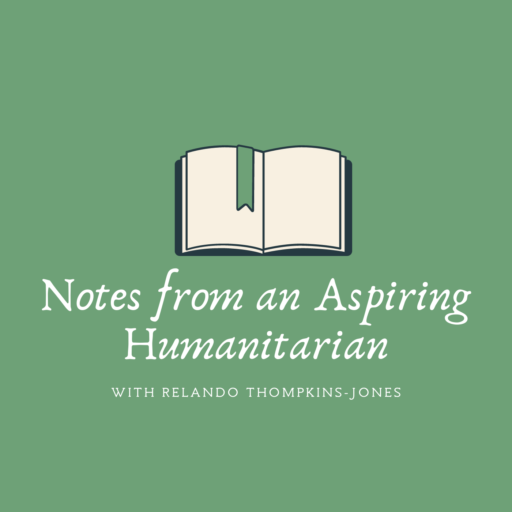Published on the last Thursday of each month, Notes You May Have Missed features selected notes from the past and present.
These notes serve as an introduction for new readers of N.A.H. and as a recap for regular visitors.
NASPA Article Lists 10+ Pitfalls To Avoid In LGBTQ+ Programming
“Ted Lewis, Associate Director for LGBTQ Campus Life at The University of Richmond and Chris Parcell, Director of LGBTQI Life at Vanderbilt University co-wrote an article for The National Association of Student Personal Administrators’ (NASPA) blog on things that are problematic in LGBTQ+ programming.
Topics include respectability politics, not making connections between the ivory tower and the surrounding community, and more.”
For Educators: Immigration Syllabus
“A result of the collective efforts of immigration historians, you would do well to explore this timely and necessary resource from the Immigration History Resource Center at the University of Minnesota in partnership with the Immigration and Ethnic History Society.
With material that can be explored over the course of 11 weeks, the Immigration Syllabus provides answers to these questions and more, as outlined in the press release:”
A Resource For Dialogue: “Light In The Shadows”
“Here’s another great resource for dialogue on doing personal work and the fight for racial justice.
Many feelings and themes might arise within you while watching these videos. One thing I was reminded of was the conflict that can happen while trying to work collaboratively with “well-intentioned” people in anti-racist work.
On Social Work in Society: For Me, It All Comes Back to Ubuntu
“Our experiences shape our own personal narratives in terms of how we see ourselves in relation to others in world. Within our personal narratives lie conscious and unconscious attitudes about people who we believe to be different from us. We act on the information that we believe to be true, and sometimes after experiencing some contradiction we might find that some of the things we once believed to be true were only part of the truth, or not true at all.
However, it is not misinformation alone that causes conflict and oppression, but it is also the power to be able to decide what information is accepted; the power to be able to decide the “standards” for which all others must try to aspire to, although they may never necessarily fully attain.”
Thank you for your readership and sharing.
From Aspiring Humanitarian, Relando Thompkins-Jones
Discover more from Notes from an Aspiring Humanitarian
Subscribe to get the latest posts sent to your email.





















